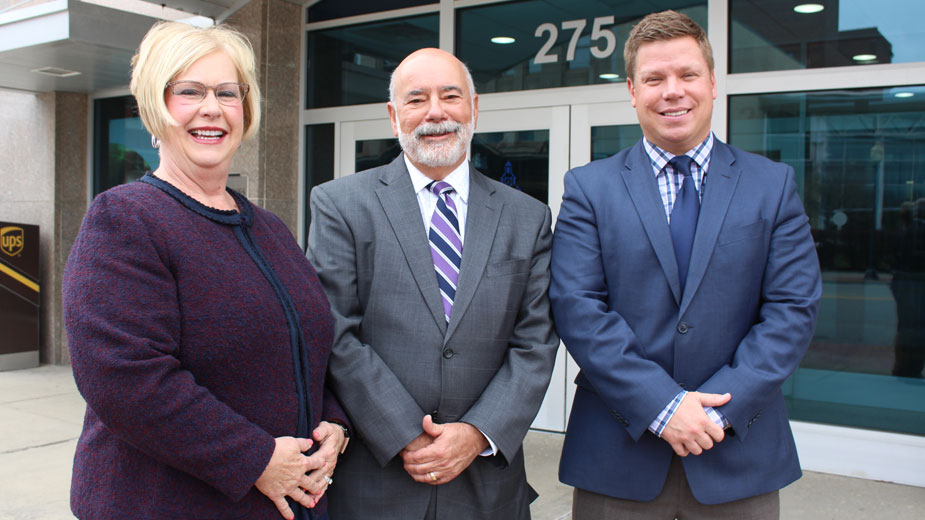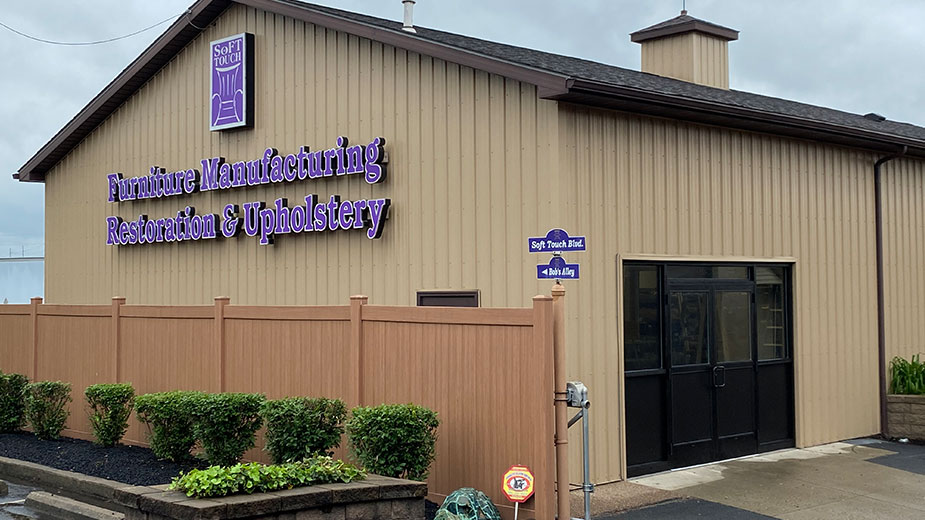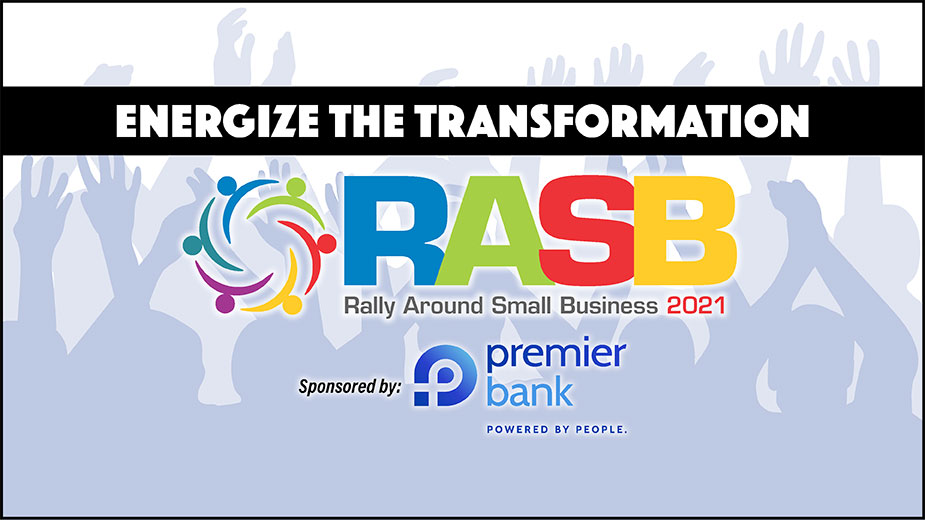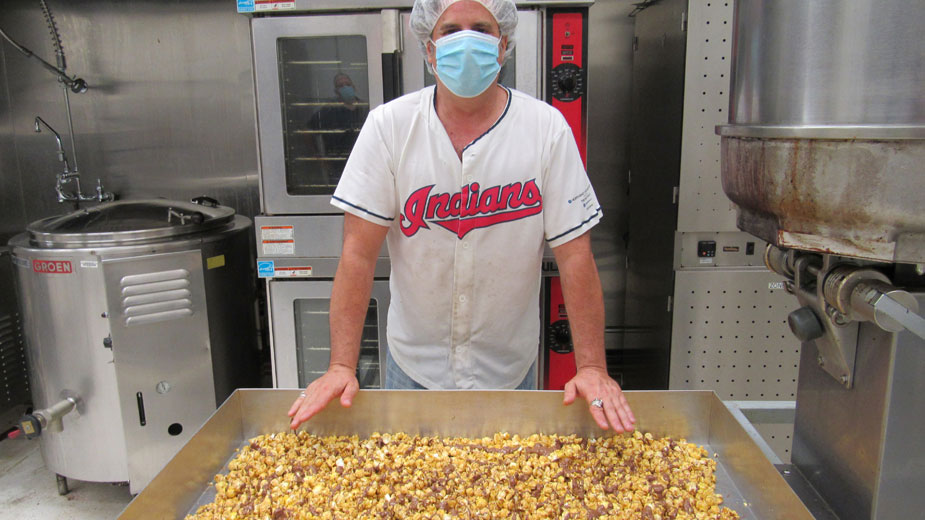Financial Institutions Bank on Small Businesses
YOUNGSTOWN, Ohio — Financial institutions founded and still headquartered in the Mahoning Valley not only consider the support of the small-business community a priority, but also are small businesses themselves and share many of their customers’ challenges and concerns.
Some founded more than a century ago have expanded beyond a single location with a handful of employees to cover a multicounty – in some cases multistate – footprint. They and their clients alike cope with challenges such as attracting and retaining quality workers.
Executives from Home Savings Bank in Youngstown, Farmers National Bank in Canfield, Cortland Bank in Cortland and 717 Credit Union in Warren addressed the issues facing their small-business clients, their role in helping those businesses and challenges they face as small businesses themselves.
Home Savings Bank: Customer base aligns with small business
With $2.8 billion in assets, Home Savings has nearly 500 employees in its 34 locations, all but one in Ohio.
“We’ve enjoyed a lot of growth, actually taking market share over the course of the last five years in particular,” says Frank Hierro, Mahoning Valley regional president.
Commercial and business loans represent about 45% of the Home Savings loan portfolio, which this year will exceed $1 billion for the first time in its 130-year history. The “overwhelming majority” of that commercial lending is to small businesses.
“That’s who makes up the customer base in our footprint and that number aligns very well with the percentage of small business in the community,” Hierro says.
“As a local community bank, we are truly focused on our businesses, learning about them and being a partner there for them,” affirms Diana Hogg, vice president and small business development officer.
Every time she speaks with the owner of a small business, Hogg says she learns something new about what is going on in the community.
Home Savings has created “a greater focus on small business” within its branch system, reports Josh Toot, vice president of commercial banking. The bank hired an employee who is educating branch staff to help increase that portfolio.
“We also have a great partnership with Mahoning Valley Economic Development Corp.,” with which the bank does considerable 504, SBA 7(a) and state 166 loans, he continues. “We have a commercial relationship manager on our staff who has been the MVEDC lender of the year three out of the last four years.”
Although the bank does some work with startups, most of its efforts with small businesses focus on acquisitions and expansion projects, Toot says.
One issue clients face is fraud, which prompted Home Savings to expand its treasury-management services and personnel to help customers come up with more secure ways to manage their money, Toot says.
Workforce is another issue Hierro points to.
“Like a lot of small businesses, our people are our most important asset,” Hierro says. “We take great pride in making sure that they’re well-trained. We provide development opportunities.”
Farmers National Bank: ‘In business to help small business’
Nearly half of the workforce in the United States works for small, private employers, and small businesses generate nearly 13 times the number of patents as larger companies, notes Kevin J. Helmick, president and CEO of Farmers National Bank, Canfield.
In addition, small businesses account for nearly 40% of payroll taxes in the country as well as more than 60% of job creation.
“We are believers that small business is truly the backbone of the economy. We live it and breathe it every day,” Helmick says.
Eight people, including three farmers, founded Farmers National Bank in 1887. The bank has grown to 42 branches in nine counties in Ohio and two in Pennsylvania, some 450 employees and assets of approximately $5 billion between its banking and wealth-management businesses.
“As a small business, we are really in business to help small businesses and customers alike,” Helmick says. “We’re proud of the fact that we continue to be focused on small businesses and inject that very important capital into the markets that we serve.”
Of the more than $500 million in new loans the bank made last year, more than 90% went to small businesses and consumers, Helmick reports. The bank does a “pretty equal amount” of its business lending in industrial-commercial real estate as well as agricultural businesses.
Farmers helps small businesses navigate the process of securing capital to allow them to grow and has lenders who work with the U.S. Small Business Administration.
“That’s a very important aspect of what we do,” Helmick says. During the Great Recession, Farmers kept lines of credit open and worked with businesses to help them get through “the tough and difficult times,” he says.
One of the biggest challenges small businesses face is “the chase for talent,” Helmick says. Farmers helps small businesses through its lending and wealth-management services that provide attractive employee-benefit packages “so they can remain competitive in the current landscape that is hard to retain and attract that talent,” he says.
The challenges Farmers faces as a small business itself aren’t much different from those its customers face, Helmick says.
“We’re really focused on doing the right things for all of our stakeholders. And retaining and attracting the right people is obviously something that’s extremely important to us.”
In addition, the bank has to navigate the modern regulatory environment. The number of banks is down by nearly 3,000 since the financial crisis, with many being sold or merged, Helmick says. At the same time, the majority of assets held has gone to the county’s six largest banks, so that about half of banking assets remain with the large institutions.
717 Credit Union: 190 new regulations since 2008
Helping small business is “very consistent with our mission” at 717 Credit Union, says its president and CEO, Gary Soukenik.
“Our mission is to improve our members’ financial lives and improve the community in which we operate,” Soukenik says. “We can improve the community by funding the businesses in our community.”
Chartered in 1957 to serve the employees of General Motors’ Packard Electric Division, Warren-based 717 now has 13 branches, 300 employees and has grown to a $1 billion financial cooperative, “which is a lot of growth … since we can’t go out and sell stock to grow,” Soukenik says.
Commercial lending was approved for credit unions in 1986 and 717 entered that business shortly thereafter to fulfill a need by members.
By law, the credit union can lend just 12.25% of its assets to businesses, Soukenik says, noting 717 is just under that limit.
The credit union handles financing and deposits for many area churches. Independent insurance agencies and trucking companies also make up a solid part of 717’s business, says Bill Fulk, vice president of lending.
Most valuable to businesses is working with “an experienced business lender who has seen the ups and downs in the economy,” Fulk says.
Should something fall outside of 717’s expertise, lenders have plenty of directions to point customers for assistance with strategic planning, such as Score Youngstown, Fulk says.
Businesses coming to 717 typically lack the resources to employ a chief financial officer. The credit union has a network of accountants who are “experts at helping small businesses survive these economic cycles as well as grow their businesses,” he continues.
“One hundred percent of our resources are right here in the Valley so we put all of our efforts in helping our businesses be successful here. So that’s a key difference,” Fulk says.
According to Soukenik, the main challenge 717 faces as a small business is regulatory compliance, which amounts to a “big cost … not the way we want to spend our members’ money.” In the seven years following 2008, 190 new regulations were issued by 15 regulatory agencies, he notes
“Every time there’s a new regulation, we have to change our forms. We have to issue new policies. We have to change our systems. And we have to provide training to our employees,” Soukenik says.
Cortland Bank: Community banker and small business
As a community bank, the success of Cortland Bank is “directly related” to the businesses in the region, says Stan Feret, vice president and chief lending officer for the Cortland-based financial institution.
“It’s not only the success of those businesses that provides opportunities to the bank, but it’s also the employees that work for those businesses who are also our customers,” Feret says. “Our success and their success is aligned.”
Cortland Bank, chartered in 1892, reported slightly more than $700 million in assets as of late 2018. It opened its 14th branch in Strongsville earlier this year and now has about 165 employees.
In addition to partnering with the SBA and MVEDC, Cortland Bank is an investor with Tecum Capital’s Small Business Investment Company fund, which promotes funding for several small businesses in the region, he says. As a community banker, it also partners with organizations such as the Tech Belt Energy Innovation Center in Warren and The Presidents’ Council of Cleveland to provide education to start-up entrepreneurs.
Challenges that small-business customers face include those articulated by Feret’s colleagues, such as finding qualified labor and access to capital.
“As a financial institution, we believe our role is not only to provide education, but also to be a trusted adviser that works with small business to put forward the best loan structure and treasury-management solutions for that particular entity,” he says.
As a small business itself, Cortland Bank faces many of the same challenges its customers must cope with. “Over the last few years, we have made it a priority to keep up with ever-changing technology, especially as we continue to expand our footprint in northeast Ohio,” Feret says.
The bank has followed a strategic plan for many years that encompasses those challenges, while focusing on organic growth and remaining independent.
“That plan is continuously updated to meet our ever-changing environment,” he says.
Copyright 2024 The Business Journal, Youngstown, Ohio.



